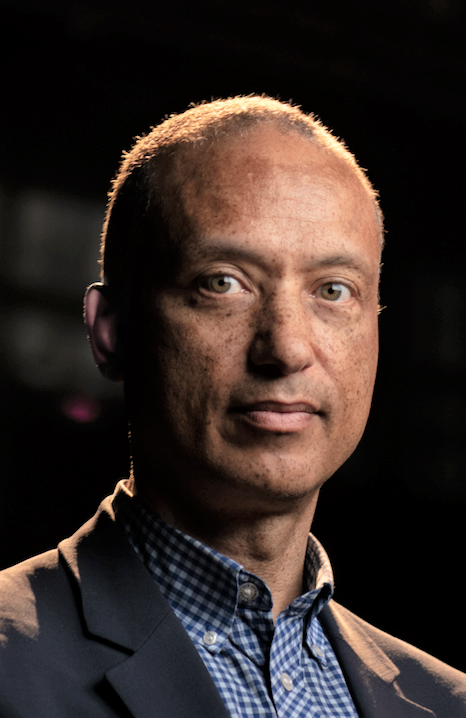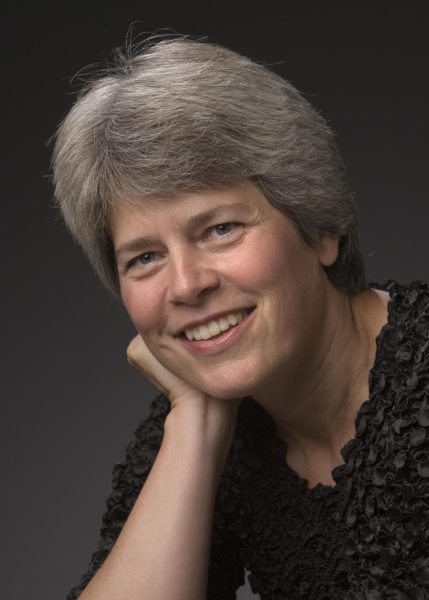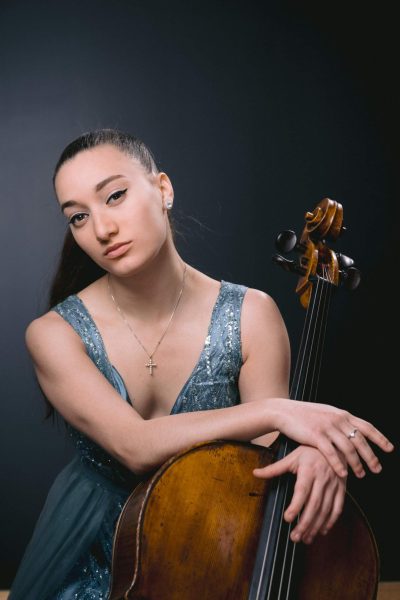Philip Ewell: Guest Lecturer, Professor of Music Theory
Photo Courtesy of Philip Ewell
Music theorist Philip Ewell
Philip Ewell is a professor of music theory at Hunter College of the City University of New York whose research focuses on race studies in music theory. He notably penned the 2019 piece “Music Theory and the White Racial Frame,” in Music Theory Spectrum which helped catalyze the movement to substantially reform the way music theory is taught at the collegiate level. Ewell is also the editor for a brand new series, “Theorizing African American Music.” Ewell will be giving a guest lecture titled “Racialized Musical (Hi)stories” at Oberlin Mar. 1 as part of the Black History Month series.
This interview has been edited for length and clarity.
Could you talk about the influence your parents had on your development as a musician and music theorist?
I often say that while it was my dad who got me started in classical music because he was a big classical music fan, it was actually my mom who taught me the true tenets of anti-racism and anti-sexism. She was a white Norwegian who came over to the country in 1959 and married my father, who was African-American, in 1960. She didn’t have the baggage that whiteness has in our country. She just kind of came here and fell in love with a Black guy.
My dad graduated Morehouse College in 1948 with Martin Luther King Jr., as a matter of fact. And he was part of that mid-century Black intelligentsia who were very committed to assimilation. He wore tweed coats and drove a Mercedes he couldn’t afford — he was doing the things that whiteness teaches us, makes us more sophisticated and more civil. In terms of music, that meant listening to Mozart, Beethoven, and Chopin and going to the opera and buying a pair of opera glasses to look at the stage. That’s what whiteness has taught about what great music should be. My dad bought that hook, line, and sinker. He was extremely committed to what whiteness teaches us is “excellence.” As part of a white supremacist patriarchal structure, he was being taught to love Rachmaninoff, to go to the opera and watch Verdi, and somehow think that would make him a better person. White supremacy teaches us that there is a mythological goal of excellence.
Given that your father associated whiteness with classical music, how did you begin to untangle those things and recognize the structural racism in the music theory field?
It was really my parents’ passing — my mom’s in 2007 and my dad’s in 2010 — that helped change my perspective. That, coupled with the very, very aggressive anti-blackness I experienced in the tenure battle, kind of allowed me to look at academic music with a pretty new set of eyes. Once I came out of my tenure battle victorious, I started to do a deep dive into all kinds of reading that was not music theory. You can’t really read music theorists and do any of the work that I’m doing now, because none of it really honestly confronts the racism within music theory — it’s 99 percent written by white people.
What are the kinds of standards that music theorists once held themselves to regarding who should be considered the most venerated composers? How do your ideas about race relate to music theory?
The metrics are piano, German, white, cisgender, and man. Those five things are absolutely crucial. I often say that if you’re a German speaker, an excellent pianist, and a white man, you’re basically a music theorist, you just don’t know it. You don’t even really need to know how to write. What we don’t say is, “Oh, by the way, everything that we teach you in this curriculum represents not even 0.1% of our planet’s music.” You’ll never hear that statistic because it’s not that flattering. We’re supposed to know Bach, Schubert, Mozart, maybe Tchaikovsky.
And Bach is a great composer for that. There’s this notion that his music is just so great that it couldn’t be a human who wrote it because it just sounds divine. It just goes to show this nonsense of creating mythologies. We can just say, “This is music that people wrote, and if you want to play it and you get pleasure from it, that’s great,” but what we can’t do is shove a certain type of music down our students’ throats or down anyone’s throat and then try to tell them that this is what they need to be listening to and doing and thinking about if they want to make it in this career.






